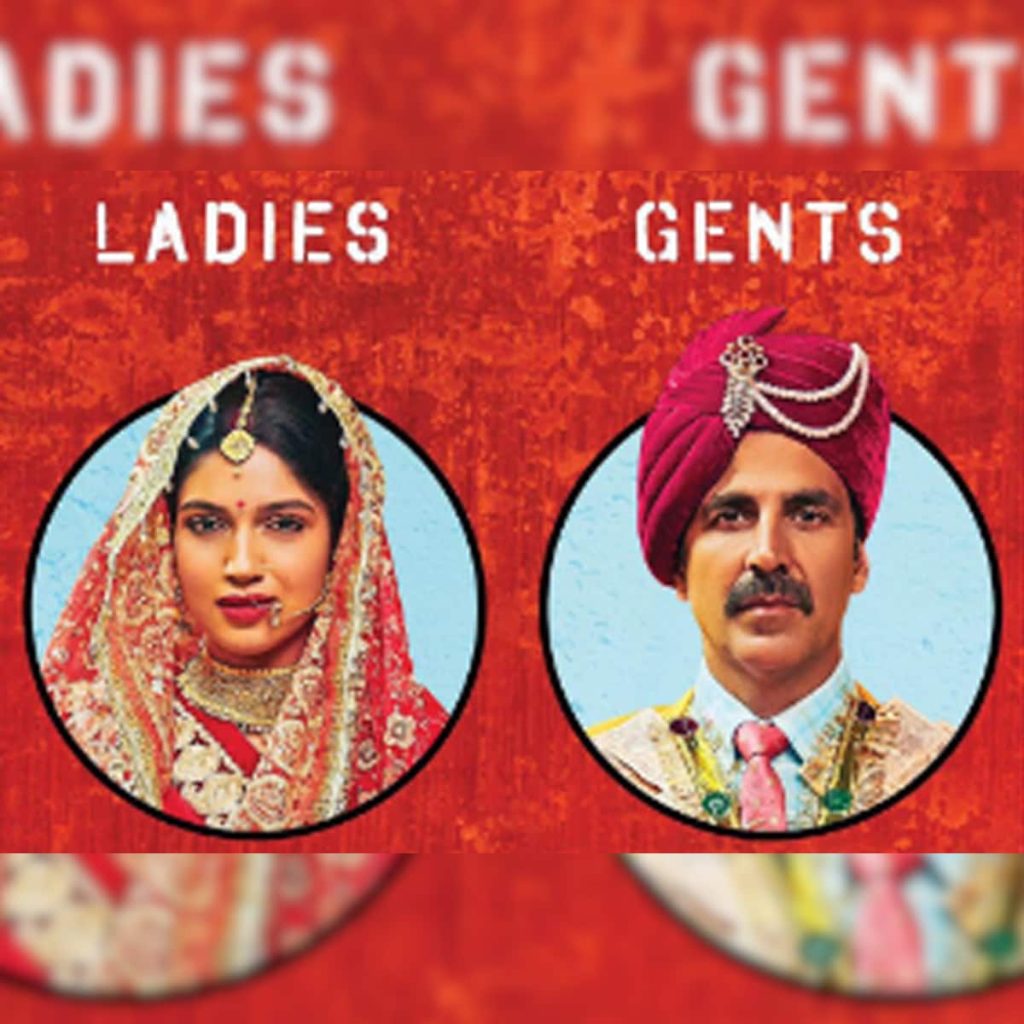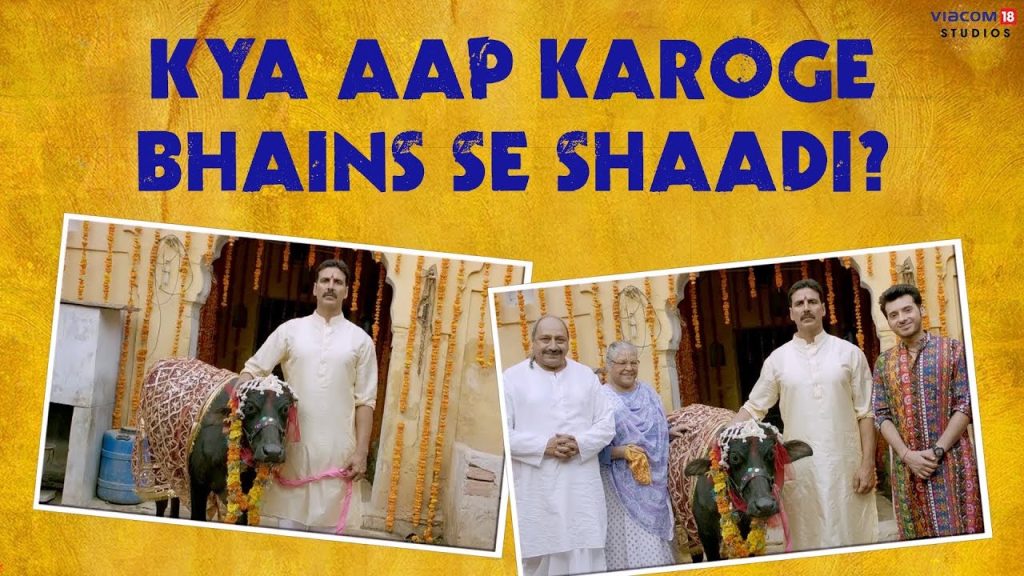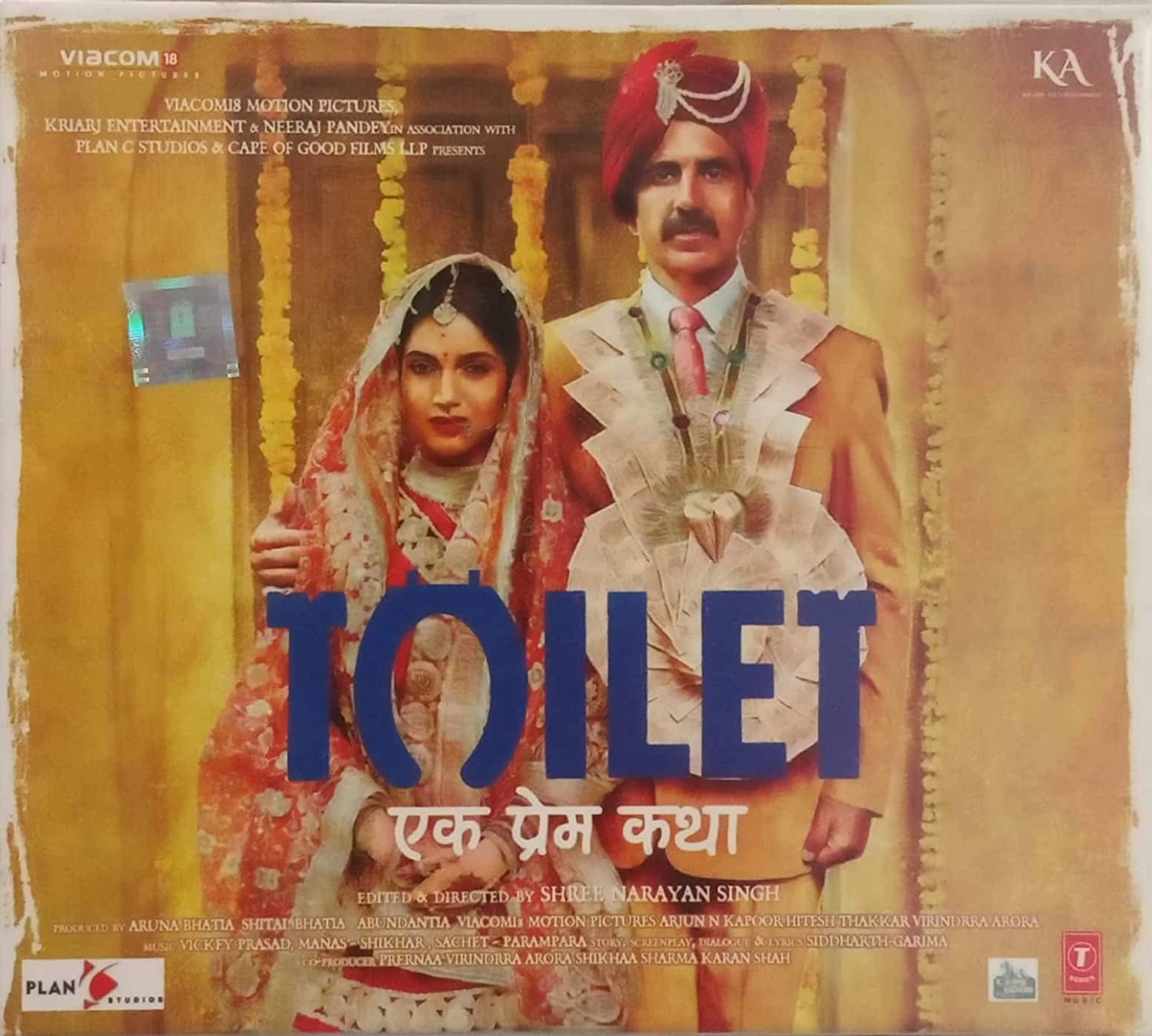In recent years, two Eastern countries have become famous at home and abroad for their films that are keen to challenge the authority of the superstructure in a self-defeating way: one is the Republic of Korea, and the other is India, the Bollywood of the East. Compared with Korean films, which mainly question and warn about problems in politics and legal system, Indian films are more “grounded” and Indian filmmakers are eager to make films that criticize the ideology of the superstructure and reflect on the country’s culture from religion to morality. It is an eye-opening experience.
From “The Three Stooges”, “Stars on Earth”, “My God”, “Wrestling Dad” to the recent “Mystery Superstar”, Indian films have dealt with the problems of India’s education system, children with autism, religion, feminism, etc. Since Indian films came into the eyes of the people, they have been giving voice to social issues, which makes people admire them from the bottom of their hearts. But you may not expect that one day India would make a movie for a woman’s toilet problem that often seems to be normal, and instantly spread throughout India.

In the case of Toilet – Ek Prem Katha, its arrival may have reopened a new perspective on the country for outsiders to look at and re-examine the reasons why the country is called “dirty”. The film has been leading the box office in India since its release, even surpassing Aamir Khan’s new film “Mystery Superstar,” which has grossed 13.2 billion rupees (about 1.26 billion yuan), a testament to the depth of the subject matter it touches and the impact it has on society.
The film stars Akshay Kumar, who is also known as the “Three Khans of India” with Aamir Khan, and is based on true events. The film tells the story of an Indian woman, Gaya, who discovers after her new marriage that her husband’s hometown is not accustomed to building toilets, and that open-air toileting is the most common thing they do. Therefore, in order to reduce embarrassment and shame, all women have to wait until late at night and quietly hide in the woods to solve their physical problems.
The wife could not stand the idea of her family taking the high ground of religion and culture to deny women the right to go to the toilet, so she joined her husband to launch a fight for their rights. In fact, the problem of women’s lack of access to toilets in Indian society is far more serious than one might think.

India has been called “the world’s largest open-air toilet”, due to India’s religion, traditional culture and other reasons, a large part of the Indian people on the toilet to maintain a taboo attitude, they prefer to open defecation, rather than build toilets or go to the toilet. According to a survey report made by The Economist in 2017, India’s outdoor defecation rate remains high, with the number of “outdoor defecation” per square hectare reaching as many as 200 people, and from the data published by The Washington Post in 2015, more than 70% of rural households in India do not have toilets, and more than 53% of Until 2017, the international agency “WaterAid” released a report in which the number of people without toilets in India is as high as 732 million, and compared to the male physiological structure, which countless women in the matter of forced open air toilets are facing greater dignity and human rights issues.
As we all know, India is a country of strict religious beliefs and hierarchy, just like the religious beliefs of the hero’s father in the film, for Hindus, only the untouchables, who are excluded from the four major castes of Brahmins, Kshatriyas, Vaishyas and Shudras, are allowed to be close to the filthy toilets and clean them. Therefore, building a toilet at home means living with dirty and filthy non-fecal matter from now on, and smelling the unclean excrement of others when going to the toilet. Moreover, the construction of toilets also requires regular cleaning of toilet rooms and cesspools, a practice that Hindus do not tolerate as untouchable, so many people prefer to use the open air toilets rather than build toilets or even enter them.
Secondly, in terms of traditional Indian culture, more people believe that open defecation is an act of taking from nature and returning it to nature, and that with inner piety, the power of nature can remove all the unclean things that are discharged. On the contrary, going to the toilet becomes an act that is easily contaminated by impurities, so Indians have more faith in the power of natural purification, and fear the filth brought by the toilet, so that the roadside, the field, next to the railway tracks, have become the best place for Indians to relieve themselves.

This distorted belief and culture later makes more women like Gaya, the wife in the film, long for their own private toilet space, but are forced by the family patriarchal system of suppression and scolding. The sad thing is that a large part of the pressure and lecture for women to relieve themselves in the open air does not come from men, but from the same women’s mothers, sisters and female neighbors and other sexual groups, and these women are dragged and influenced by this perverse culture, and will further pass this corrupt culture to the next generation, which is a real evil brought by ignorance.
In 2014, a pair of Indian sisters were gang-raped and killed while using the toilet at night and hung from a tree, causing a sensation. In November of the same year, Indian schoolchildren held up placards saying “I am one of the 2.6 billion people in the world who do not have a toilet” during the “World Toilet Festival”, and the issue of toilets in India attracted huge attention.
According to a report in The Times, nearly 50 percent of the high frequency of female rapes in India occur during women’s open toilets. Because of the physiological peculiarities of women and their dignity, women often have to wait until dark at night to relieve themselves in the open air, which provides the perfect opportunity for criminals to take advantage of, just like the film in which women go out in groups to relieve themselves in the wilderness and passing hooligans tease and tease them with lights. The problem of women’s lack of access to toilets in India has put them in a constant state of sexual harassment.
Until now, the road to transformation has been a long one, despite the support of many and the change that is taking place in India’s toilets. Since Prime Minister Narendra Modi’s inauguration in 2014, the Clean India campaign, which aims to build 75 million new toilets in the country, and the Bill Gates Foundation’s donation and technical investment in Clean India, these initiatives have been based on These measures are all based on improvements at the national level, but it is still a struggle to fundamentally change the toilet habits of Indians. According to a 2015 survey of more than 300 villages in India, 40 percent of Indians who already have public toilets still choose to relieve themselves in the open, while Indian women, who are forced to endure the indignity, are still torn between traditional rituals and personal safety.

Toilet – Ek Prem Katha is a film that reflects not only a family war brought about by the lack of toilets, but also a confrontation between women’s human rights and religion and decadent culture. The film presents the real situation of Indian women in a delicate way with critical shots, and shows the profound problems behind the story with a simple narrative. The film is of great significance and value to the inspiration of women’s equal rights and to the outside world’s re-examination of traditional Indian culture. It further opens up new horizons and allows people to see another world that they have not seen before.
